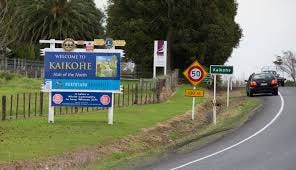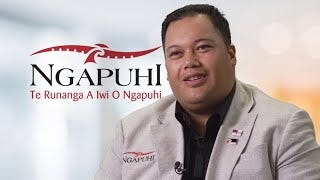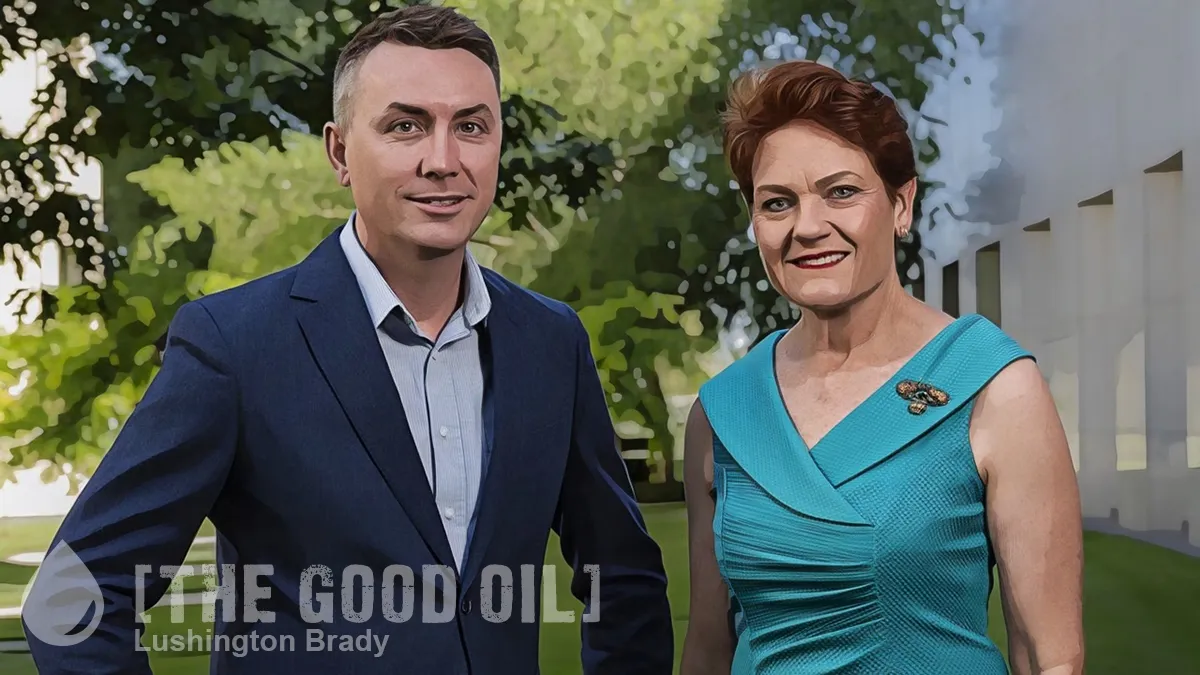Table of Contents
Matua Kahurangi
Matua Kahurangi, unapologetically provocative, is infamous for his incendiary writings that challenge societal taboos and stir relentless debate.
Not long ago, I asked the question many in Te Tai Tokerau were quietly wondering: Why were iwi leaders, particularly Ngāpuhi, seemingly more focused on their own economic gains than on the devastating methamphetamine crisis unfolding in their backyards?
In towns like Kaikohe and Moerewa, meth addiction isn’t just a problem. It is an epidemic. Families are being torn apart, children are growing up in chaos, and entire communities are buckling under the weight of this drug scourge. For too long, it felt like those with power and influence looked the other way.

So credit where it is due. I am glad to see Ngāpuhi finally stepping up. Their recent planned meeting with Police Minister Mark Mitchell signals a much-needed shift. This is not just another hui or token gesture. Ngāpuhi Rūnanga chair Mane Tahere has sounded the alarm, writing to Mitchell and other government ministers after witnessing youth openly smoking meth in broad daylight on Kaikohe’s main street.
Let that sink in. Our young people are using P on the main street, in the middle of the day. That is how normalised this crisis has become.
Tahere’s call for urgent and enhanced government support is not only appropriate, it is long overdue. He is right to highlight the wider social and poverty crisis that continues to worsen across Ngāpuhi’s rohe. And he is right to remind the country that political shifts and funding cuts might dominate the headlines, but on the ground, our whānau are still living this reality every single day.

The statistics are horrifying. Kaikohe, with its small population of around 4,500, lies at the heart of a region now known as the meth capital of New Zealand. Wastewater testing shows Northlanders consume close to 2,000 milligrams of meth per 1,000 people per day. That is not just a drug problem. That is a public health emergency.
Locals will tell you meth is as easy to find as bread and milk. It is on every corner. And when a town of this size is drowning in addiction, there is no hiding from the impact. It touches every household, every school, every workplace.
This crisis will not be solved overnight. It requires long-term commitment, serious investment, and a community-led approach that goes deeper than just policing. But the first step is acknowledging the problem and demanding action.
So to Ngāpuhi, tēnā rawa atu koe. Thank you for standing up. For finally making noise. For putting our whānau, our kids, our future first.
This article was originally published on the author’s Substack.









